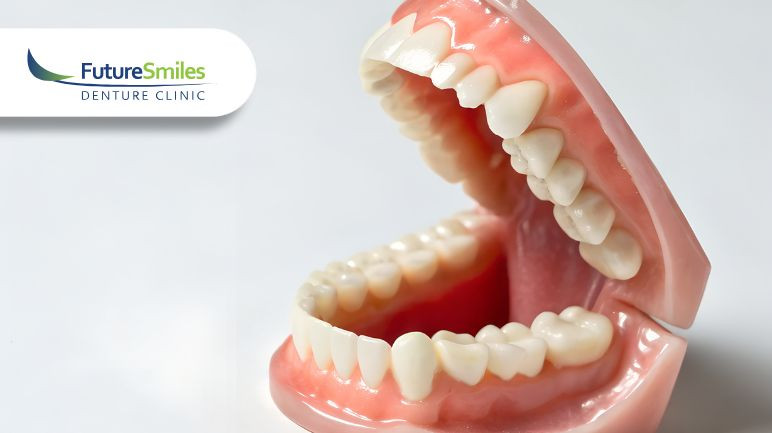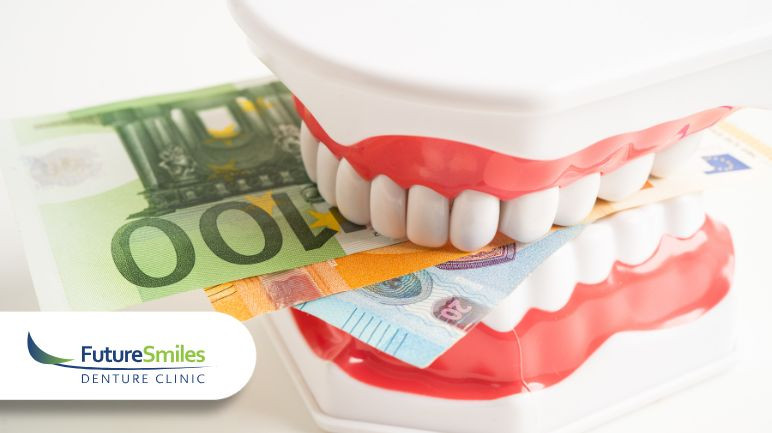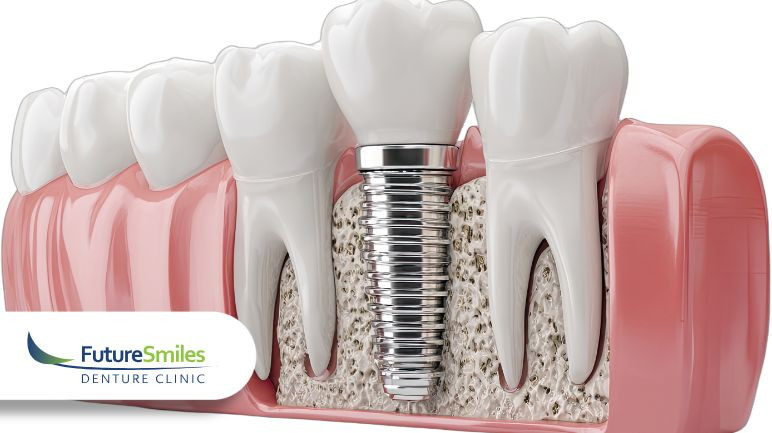When it comes to restoring your smile and regaining your confidence, dental advancements have paved the way for innovative solutions. Denture implants have emerged as a modern alternative to traditional dentures, offering a plethora of benefits that can significantly improve both your oral health and overall quality of life. In this blog post, we will explore the advantages of denture implants over traditional dentures and why this advanced option is becoming the preferred choice for many individuals seeking dental restoration.
The Downside of Traditional Dentures
Traditional dentures have long been a reliable option for those with missing teeth, offering a cosmetic solution to replace gaps in their smiles. However, they do come with certain limitations that can impact comfort, functionality, and oral health:
- Instability: Traditional dentures can be prone to slipping or shifting, especially while eating or speaking. This instability can lead to discomfort and self-consciousness, as individuals may worry about their dentures falling out in public settings.
- Dietary Restrictions: Due to the instability of traditional dentures, wearers often need to avoid certain foods that require vigorous chewing. This can lead to nutritional deficiencies and a reduced quality of life.
- Bone Loss: Over time, the lack of tooth roots in the jawbone can result in bone loss and changes in facial structure. This can lead to a sunken appearance, premature aging, and further oral health issues.
- Adhesive Reliance: Many traditional denture wearers rely on adhesives to keep their dentures in place. While these adhesives can provide a temporary solution, they often fall short in delivering the stability needed for everyday activities.
- Maintenance Challenges: Cleaning and maintaining traditional dentures can be cumbersome and time-consuming, involving soaking, brushing, and regular visits to the dentist for adjustments.
Advantages of Denture Implants
Denture implants, also known as implant-supported dentures or overdentures, have emerged as a revolutionary alternative to address the shortcomings of traditional dentures. This innovative solution combines the benefits of dental implants with the convenience of dentures, resulting in a more comfortable and functional restoration option.
- Enhanced Stability: One of the most significant advantages of denture implants is their exceptional stability. Dental implants are surgically placed into the jawbone, providing a strong foundation for the denture. This eliminates the worry of dentures shifting or falling out, allowing individuals to enjoy their favorite foods and social interactions without hesitation.
- Improved Chewing Efficiency: Denture implants restore up to 90% of natural chewing capacity, enabling wearers to enjoy a wide variety of foods without restrictions. This promotes better nutrition and overall well-being.
- Preservation of Bone Health: Unlike traditional dentures, denture implants stimulate the jawbone just like natural tooth roots. This prevents bone loss and facial sagging, maintaining a youthful appearance and oral health.
- Increased Comfort: Denture implants eliminate the discomfort often associated with traditional dentures. They don't rub against the gums, reducing the risk of sores and irritation.
- Confidence Boost: With denture implants, individuals regain their self-confidence. The stability of these implants allows wearers to speak, laugh, and engage in social activities without worrying about their dentures coming loose.
- Longevity: With proper care and maintenance, denture implants can last a lifetime. This makes them a cost-effective investment in the long run compared to the regular replacement of traditional dentures.
- Simplified Maintenance: Cleaning denture implants is straightforward, similar to maintaining natural teeth. There's no need for soaking or adhesive application, saving time and effort.
The choice between denture implants and traditional dentures is clear: denture implants offer a modern, effective, and comfortable solution for those seeking dental restoration. With their superior stability, improved chewing efficiency, bone health benefits, and overall enhancement of quality of life, denture implants are revolutionizing the field of dentistry.
If you're tired of the limitations and challenges posed by traditional dentures, consider exploring the option of denture implants. Consulting with a qualified dentist will help you determine the best solution based on your individual needs and oral health. Embrace the advancements in dental technology and regain your smile with confidence through the transformative power of denture implants.
FAQ
Q: What are denture implants, and how do they differ from traditional dentures?
A: Denture implants, also known as implant-supported dentures or overdentures, are a modern dental restoration solution that combines the stability of dental implants with the convenience of dentures. Unlike traditional dentures, which rest on the gums and often require adhesives, denture implants are securely anchored to the jawbone using dental implants. This provides enhanced stability, improved chewing efficiency, and prevents bone loss, offering a more comfortable and functional option.
Q: Are denture implants suitable for everyone?
A: While denture implants are a highly effective solution, not everyone may be a suitable candidate. Adequate bone density in the jaw is necessary to support the dental implants. If bone density is insufficient, bone grafting may be required to create a solid foundation for the implants. Additionally, overall health and medical history play a role in determining candidacy. A consultation with a qualified dentist or oral surgeon is essential to assess individual suitability and discuss available options.
Q: How do I care for denture implants?
A: Caring for denture implants is relatively straightforward. Regular oral hygiene practices, similar to caring for natural teeth, are essential. Brushing twice a day, flossing, and using an antibacterial mouthwash help maintain oral health. While denture implants are not susceptible to cavities, gum disease can still affect the surrounding tissues, so keeping the gums clean is crucial. Dental check-ups every six months are recommended to ensure the implants and overall oral health are in good condition. Avoiding smoking, maintaining a balanced diet, and following any specific care instructions from your dentist contribute to the longevity and success of denture implants.







